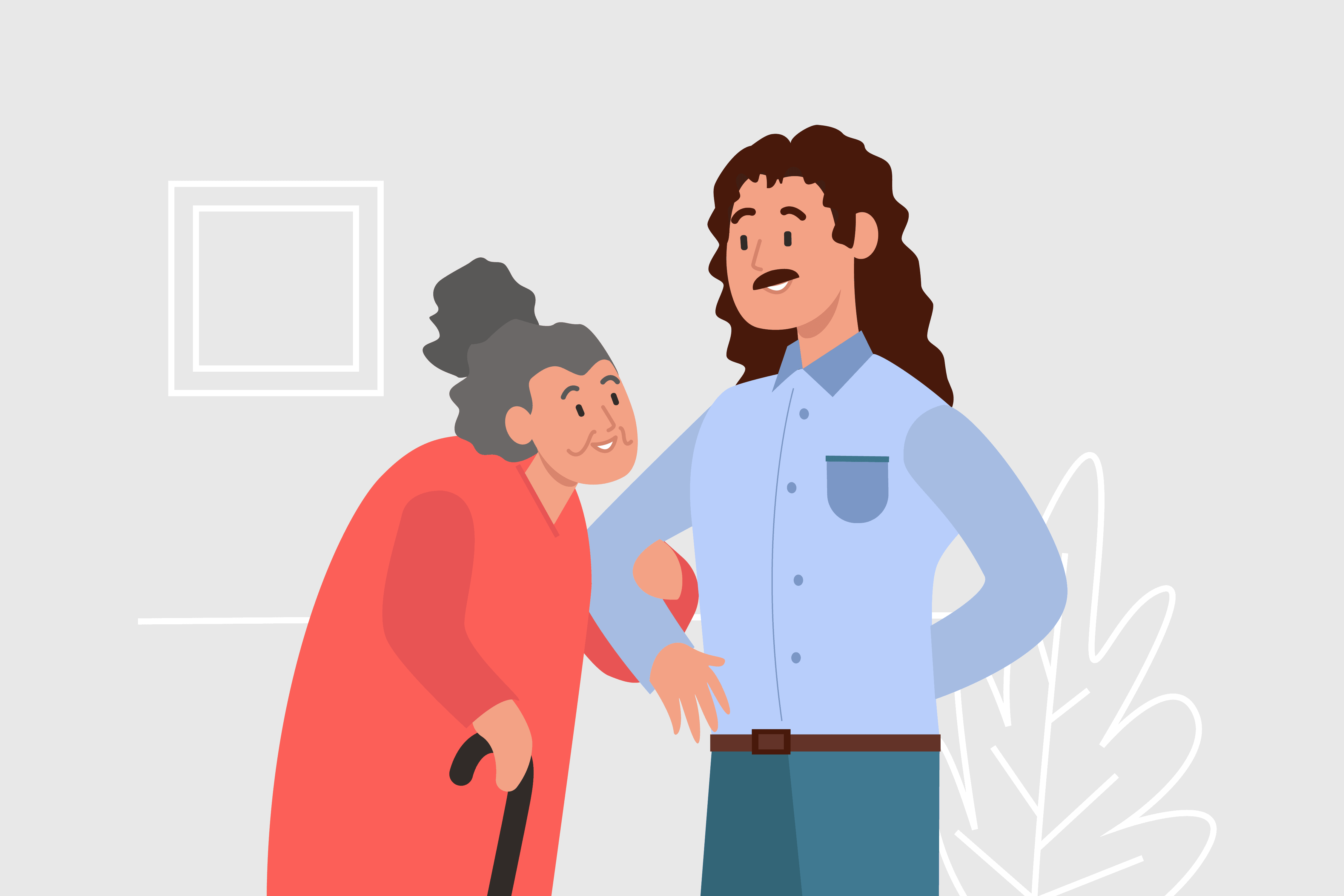Case manager job description
Where we source our data
Let's get real. Job information online can often be overly optimistic — conveniently glossing over the raw bits. But when you're making decisions about your future, you need all the facts.
That's why we anonymously surveyed case managers about their job, with hopes of getting an honest insight into what it's really like.
While we did our best to ensure respondents were Australians and verified their job titles with proof of employment, we can't guarantee complete accuracy — or that your experiences in the field will reflect theirs. So, we suggest that you take these insights as a guide only and try to talk to people in the field before making an important decision.
Tasks and responsibilities for a case manager
Case managers care about others and have a passion for the rights of vulnerable people. They work directly with clients to improve their quality of life through individual assessments, client advocacy, education and related community services.
A case manager’s job description can include:
- Meeting with client
- Identifying client needs
- Conducting risk assessments
- Creating action and treatment plans with set timelines
- Coordinating support services for the client
- Monitoring progress and record management
How to become a case manager
-
Study
To gain the confidence and skills needed to get an entry-level job in case management, take a course like a Certificate III in Community Services (CHC32015) or Diploma of Community Services (CHC52015).
-
Volunteer in community services
Get in touch with your local community services organisation and offer some of your time on the weekends or outside your regular work hours. Often, volunteers are needed on helplines, at food banks or community events. The work experience builds your confidence and gives you hands-on practical skills in the industry
Pathway options
A role as a case manager paves the way to several other work opportunities. Positions within the community services sector are diverse and come in many forms.
Some pathways could be:
Junior
-
Youth case worker
Most common qualification: Diploma of Youth Work (CHC52015)
-
Residential care worker
Most common qualification: Certificate III in Individual Support (CHC33015)
Mid
-
Outreach worker
Most common qualification: Certificate IV in Mental Health (CHC43315)
-
Family support worker
Most common qualification: Certificate IV in Child, Youth and Family Intervention (CHC40313)
Senior
-
Community development manager
Most common qualification: Advanced Diploma of Community Sector Management (CHC62015)
-
Care manager
Most common qualification: Advanced Diploma of Community Sector Management (CHC62015)
Explore related qualifications
Certificate III in Community Services
Skills learned in this course can lead to entry-level community jobs in neighbourhood centres, youth support community health or a range of human services organisations.
At this level, work takes place under the direction of other senior staff.
The average course duration is one year part-time, can be studied entirely online and can be self-paced.
Government subsidies and Victorian Free TAFE may be available to those eligible. Enquire about a course to check your eligibility.
5 providers offer this course
Diploma of Community Services
This course provides the skills and knowledge for a career in community services case management. This course teaches you how to approach client needs holistically, plus practical and emotional support skills.
Work at this level involves specialisation in skills and is mainly performed autonomously under the guidance of senior staff in an organisation.
The average course duration is 18 months, is taught in a mix of delivery methods and can be completed full-time or part-time.
Eligibility for this course is generally literacy and numeracy skills at Year 11, and government subsidies may be available to those eligible. This course also comes under Free TAFE in Victoria. Enquire about a course to check your eligibility.
7 providers offer this course
Reviews
How we collect reviews
Reviews are from Australian workers with this job title or a very closely related one.
Is this your job title?
Share your thoughts and help people decide if this job is right for them.
- All
- Positive
- Negative
I love helping people find solutions to the problems making their life difficult, but the job has a much heavier workload than I imagined.
What are the best parts of the job?
I love working as a case manager as there is broad scope to work across many sectors, such as AOD, mental health, education, and family violence. Working with people holistically can be very rewarding — there is a lot of trust needed from clients for them to let someone in during a vulnerable time in their life. The culture at my organisation is great and I feel well supported in my work.
What's the most challenging part?
The workload is enormous. I particularly underestimated the toll of the administrative workload, which significantly takes away from the time and energy I have to spend actually working with people. There are never enough hours in the day to complete tasks. The work is also very stressful, with stressed and angry clients a normal part of the day to day. It can be very difficult to work with people's motivations to change when they don't want you in their lives (as I work in a statutory system). I find it challenging also to work within a system that doesn't prioritise caring industries, and with systems which are so incompatible with social work values, such as the policing and legal system; there is a high degree of moral and ethical conflict in the work. I also underestimated the emotional toll of the work that comes from hearing people's stories of trauma — I am getting less sleep and feeling burnt out.
The role can be confronting at times but I have a really good, supportive team.
What are the best parts of the job?
I work with a supportive and uplifting team. I’m studying social work and it's great to see that social work theory is really incorporated into practice.
What's the most challenging part?
Listening to stories of trauma can take its toll. And how client trauma presents itself can be challenging at times, for instance violence towards workers.
Supporting families in need is really rewarding.
What are the best parts of the job?
I love advocating for families and working to help them achieve positive outcomes.
What's the most challenging part?
Having to work under Department of Families, Fairness and Housing and not getting answers from them.





















